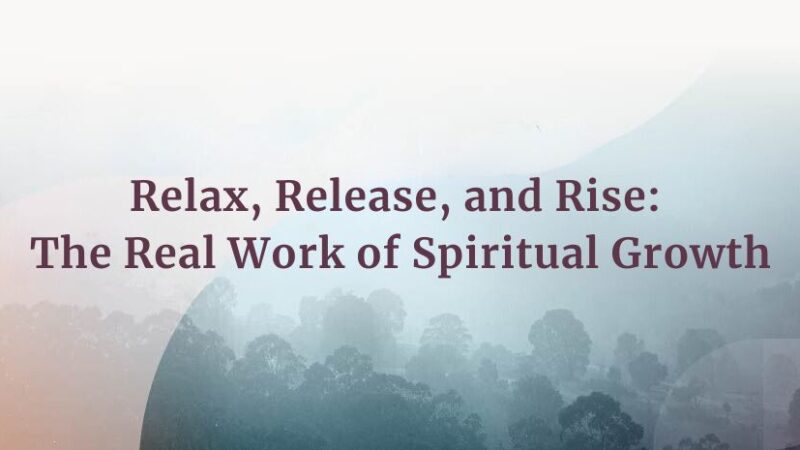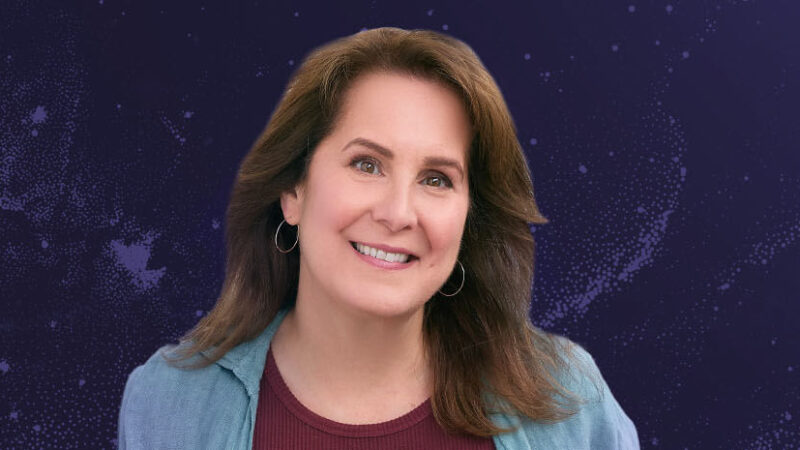Until this spring, the last time I’d read the New Testament was a quarter-century ago, when I was in college studying comparative religion and literature. Back then, I spent all my time reading the mystics—not just the Christian mystics, but Sufis and kabbalists too. Though I loved the desert fathers and Meister Eckhart and St. John of the Cross, I eventually read less and less of the Christian mystics.
I didn’t grow up in a church-going family, so I didn’t have a lot of baggage around my personal experience of Christianity. Still, I had a problem with Jesus—or rather, all the things that the church had done in Jesus’ name. I couldn’t separate my feelings about the centuries of crusades and witch hunts, about the church’s institutionalized drive for worldly power, about the repression and small-mindedness of the Christian right, from my feeling about Christianity’s ‘founder’.
Christian theology got in my way, too; as someone with a mystical bent, I couldn’t accept that my own relationship with the divine required an intermediary, and the whole doctrine of the Trinity seemed needlessly complicated. Finally, on those few occasions when I did go to church, I found the Jesus portrayed in the pulpit to be simplistic, even insipid.
Yet, in spite of all these blocks to the predominant religion of my culture, I also sensed an immense transmission of love right at the core of Jesus’ teachings, prior to any of the trappings of doctrine and theology. I sensed it, but I couldn’t access it.
Then, a few years ago, I stumbled upon one of Adyashanti’s Christmas satsangs, and a whole new view of Jesus opened up for me. The Jesus he portrayed was a spiritual revolutionary, one whose life could be read as a map of the awakening journey. This view of Jesus didn’t so much resolve my earlier issues with “church Jesus” as render them pointless. After all, if there’s only one truth and it’s only found now, all historical perspectives are moot.
The more I listened, the deeper Adya’s message on Jesus resonated for me. When it came time to brainstorm new projects with Adya, I suggested that we ask if he’d be willing to teach on Jesus. As it turned out, he was already preparing for a weeklong retreat on that very topic, and was happy to take on these new projects. That was the genesis of Adya’s current online course—and upcoming book and audio program—Resurrecting Jesus: Embodying the Spirit of a Revolutionary Mystic.
This spring, I traveled with Tami Simon and Hayden Peltier (one of our audio engineers) to record Adya at a studio in the mountains above Santa Cruz. I was excited to be part of the recording, but didn’t realize just what a profound impact listening to Adya talk about the Jesus story for four days would have on me. As those who have attended satsangs or intensives with Adyashanti already know, his presence is a teaching, and his talks carry a powerful transmission.
At the end of the recording, I found myself energized and excited to work on editing the video, audio and book projects that we’d captured. In the months since, I’ve read the gospels over and over—especially the Gospel of Mark, which is the primary text Adya refers to in Resurrecting Jesus. I see clearly now how the Jesus story maps out the journey of awakening. But for me, the most exciting aspect of the project has been discovering what a fantastic story Mark tells in his gospel. The Jesus who comes through in Mark—now that I’ve heard Adya’s take on the gospel’s deeper meanings—is engaged, compelling, and totally unexpected.
I know how many people have grown disillusioned with the Christian tradition, even as they seek deeper spiritual insight through other practices and traditions. My hope is that Resurrecting Jesus will invite others to reconnect—or connect for the first time—with the deep wisdom of the Jesus story.





